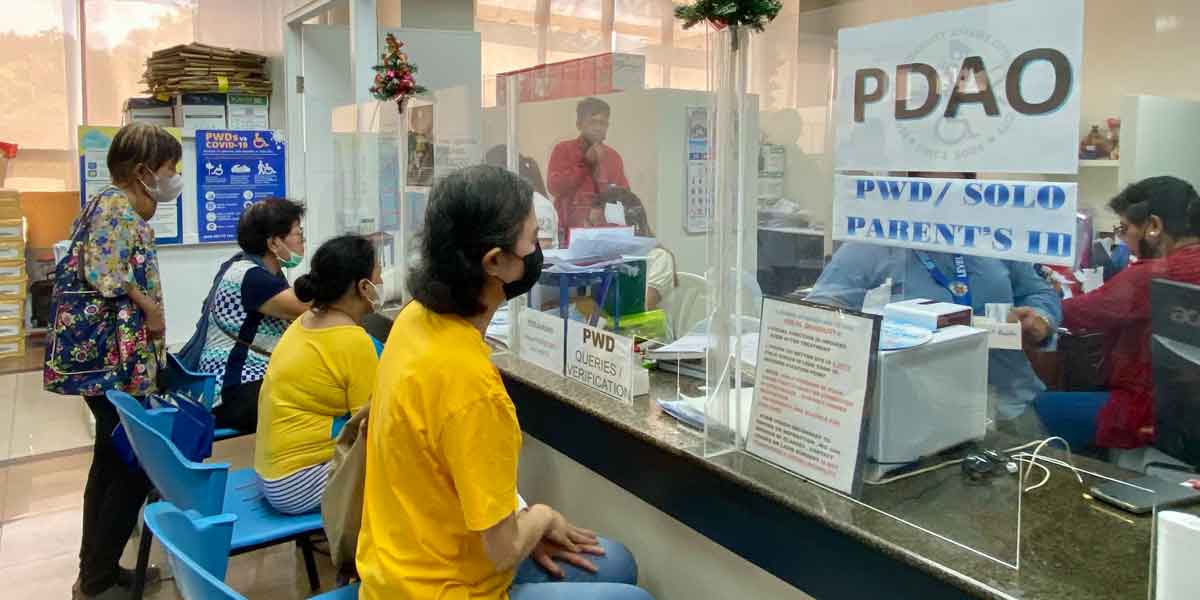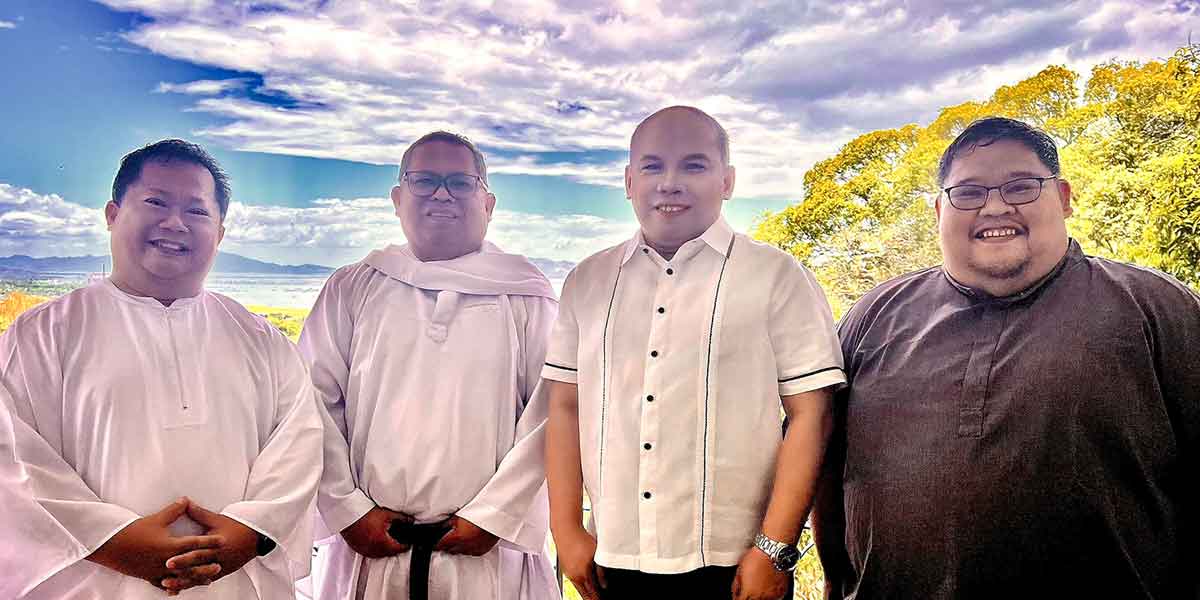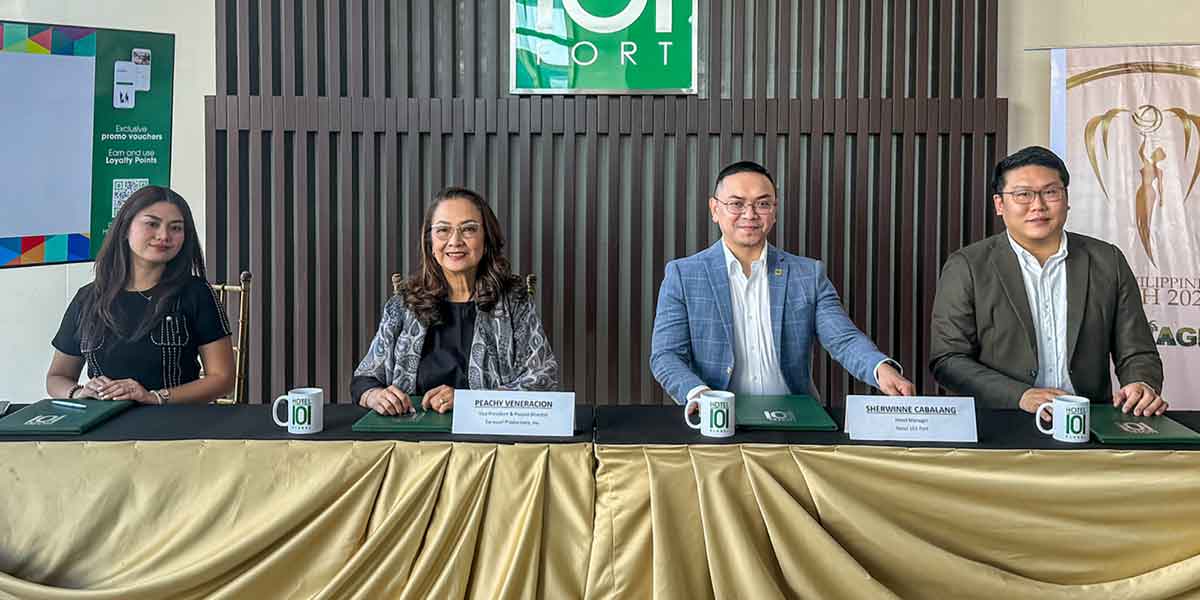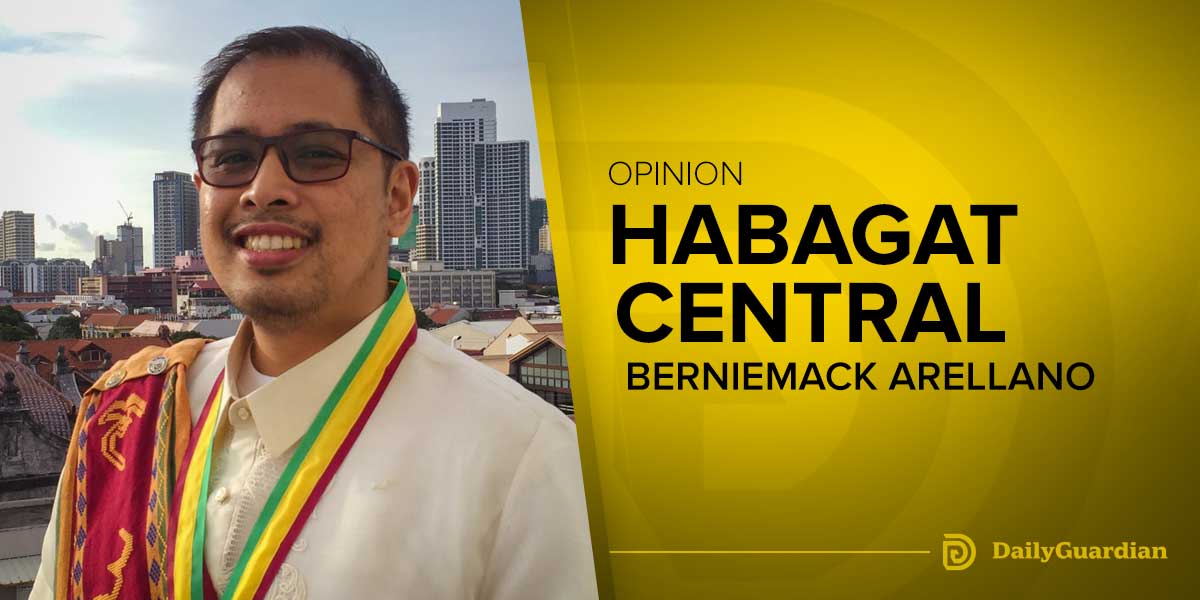By Alex P. Vidal
“You try turning up in America without documents, without a visa, without a passport; you’ll be treated as very, very much illegal.”—Tony Abbott
I PERSONALLY know a lot of Filipinos who are now in the United States because of religious visas.
And it is not only Apollo Quiboloy, President Rodrigo Duterte’s spiritual adviser, who allegedly recruited women and children to act as “slaves” in the US branches of his religious organization, who relied on religious visas for mass recruitment.
Mamerto, 54, of Bugasong, Antique, affiliated with the Church of Jesus Christ of Latter-day Saints, was able to bring all three members of his family (a wife and two children) to New York because of religious visa.
To maintain their eligibility to stay in the US, Mamerto and his family were required to distribute pamphlets of their church in public places, bus and train stations.
Diosdada, 48, single, former choir member in a Catholic parish church in Biliran, Leyte, also came to New York in 2010 on a religious visa.
To maintain her eligibility to extend her stay in the US, she volunteered to sing at St. Patrick’s Church on Fifth Avenue during important Mass celebrations.
What most of us don’t know yet is it’s not only the tourist visa (B1/B2 Visitor Visa) as the only subject of regular abuses by those intending to stay in the US as “Tago Ng Tago” or TNT.
-o0o-
A working or H-1B visa, used for people to go and work temporarily in the US. for a specified period of time, is also being abused.
The period of time that the visa holder will be working should be noted in the employment contract or the visa application.
This type of US visa does not allow individuals to work in the US indefinitely or permanently, but many H-1B visa holders didn’t go back to their countries after their visa had expired.
Economic opportunities and the prospect of becoming a permanent resident in the US are among the reasons why US visas are being abused.
Temporary Religious Workers or R-1 visas are non-immigrant, temporary work visas for foreign nationals coming to the United States to be employed as religious workers.
Ministers, priests, educators, translators, missionaries, and other religious workers may qualify for this type of visa.
U.S. Citizenship and Immigration Services (USCIS) has several requirements that foreign nationals and employers must meet to be eligible for an R-1 visa.
Qualifications for individuals include the following: Membership of a legitimate religious denomination with a bona fide non-profit religious organization in the U.S. for at least two years; a job offer to work in the U.S. for an affiliate of that same religious organization for at least 20 hours per week; becoming solely as a clergy member or to perform a religious occupation.
Like the tourist visa, religious visa, as well as other visas obtained in order to travel to the United States, can be abused.
As long as there are economic opportunities in the United States, visitors coming from all over the world will always be tempted to take advantage of the visas issued by the Embassy of the United States of America for non-immigrant visitors.
-o0o-
Quiboloy is now being hunted by the Federal Bureau of Investigation (FBI) for “sex trafficking of children, sex trafficking by force, fraud and coercion; conspiracy; bulk cash smuggling.”
The United States Citizenship and Immigration Services (USCIS) defines a religious denomination as a group of people governed by a type of ecclesiastical administrative body. Members of a religious denomination must also agree on at least one of the following criteria:
-A recognized statement of faith or shared beliefs
-A commonly held system of worship
-A commonly held doctrine and code of discipline
-Established places of worship and congregation
-An agreed upon set of ceremonies and services
-Another comparable indication of a religious denomination
Religious entities without a central governing or ecclesiastical administrative body may instead submit a description of their internal organizational structure to satisfy these requirements.
Religious occupations include positions with duties that primarily relate to a traditional religious function: members of the clergy and other religious workers. Eligible religious occupations include but are not limited to the following:
Clergy: Ministers, priests, rabbis, salaried Buddhist monks, ordained deacons, etc. Other religious workers: Liturgical workers, instructors, counselors, missionaries, translators, broadcasters, cantors, etc.
(The author, who is now based in New York City, used to be the editor of two local dailies in Iloilo.—Ed)



















